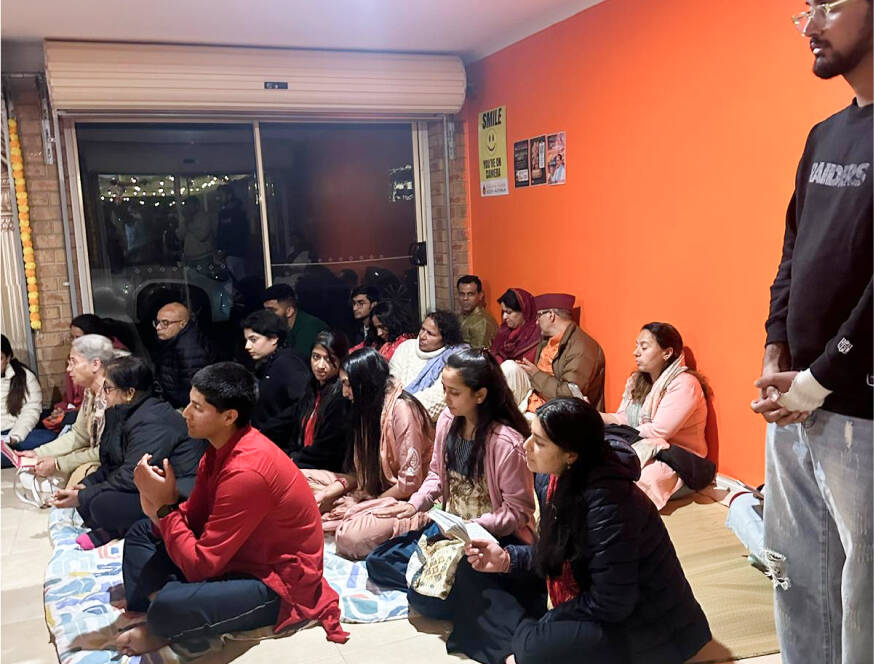Establishing the Neem Karoli Baba Statue, an incarnation of Lord Hanuman, at the Hanuman Temple in South Australia marks a significant moment in celebrating spirituality and devotion. This enormous statue symbolises reverence and enlightenment, representing the profound teachings and legacy of the revered saint Neem Karoli Baba.
Neem Karoli Baba additionally referred to as Maharaj-ji, maintains to encourage limitless people through his undying awareness, compassion, and unconditional love. His impact spans continents, transcending cultural and non-secular boundaries. By setting up his statue in the Hanuman Temple in South Australia, devotees and non-secular seekers could pay homage to this divine parent and draw suggestions from his teachings.
The Neem Karoli Baba Statue at the Hanuman Temple is a religious beacon, guiding people on their non-secular journey and fostering profound introspection and inner peace. This sacred monument stands as a testament to the enduring legacy of Neem Karoli Baba, encapsulating his boundless love and knowledge.
Moreover, the status quo of the statue creates a space for communal gatherings where devotees can come together to honour and mirror the teachings of Neem Karoli Baba. It affords tranquil surroundings for meditation, prayer, and contemplation, allowing individuals to immerse themselves in the undying understanding and grace of Maharaj-ji.
The unveiling of the Neem Karoli Baba Statue at the Hanuman Temple in South Australia additionally indicates a harmonious blend of cultures and traditions, fostering surroundings of inclusivity and expertise. It serves as an image of solidarity, transcending differences and embracing the normal standards of affection, compassion, and providing to humanity.
Furthermore, the statue’s presence at the Hanuman Temple can draw visitors from various backgrounds, drawing folks who seek spiritual solace and steerage. It offers a possibility for cultural exchange and non-secular enrichment, as human beings from multiple walks of life come collectively to honor the respected saint and partake within the non-secular atmosphere of the temple.


